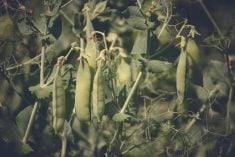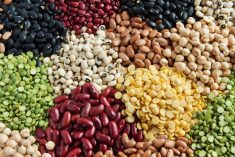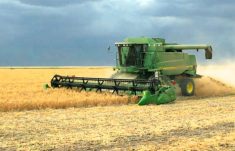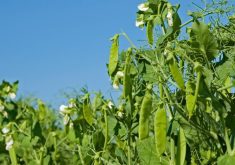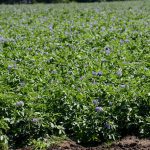MarketsFarm — The earthquake that devastated parts of Turkey and Syria on Monday last week, taking the lives of more than 40,000 people, may not have a major effect on pulse markets, according to one analyst.
Jon Driedger from Leftfield Commodity Research in Winnipeg said that while natural disasters like an earthquake can take on a significant human cost, there is often very little change on commodity markets.
“In the broader pulse market, it’s kind of a blip in terms of the actual area impacted,” he said. “Unless there were ports that were badly damaged with no easy alternative outlet or inlet, typically these sorts of things don’t have a large impact.”
Read Also
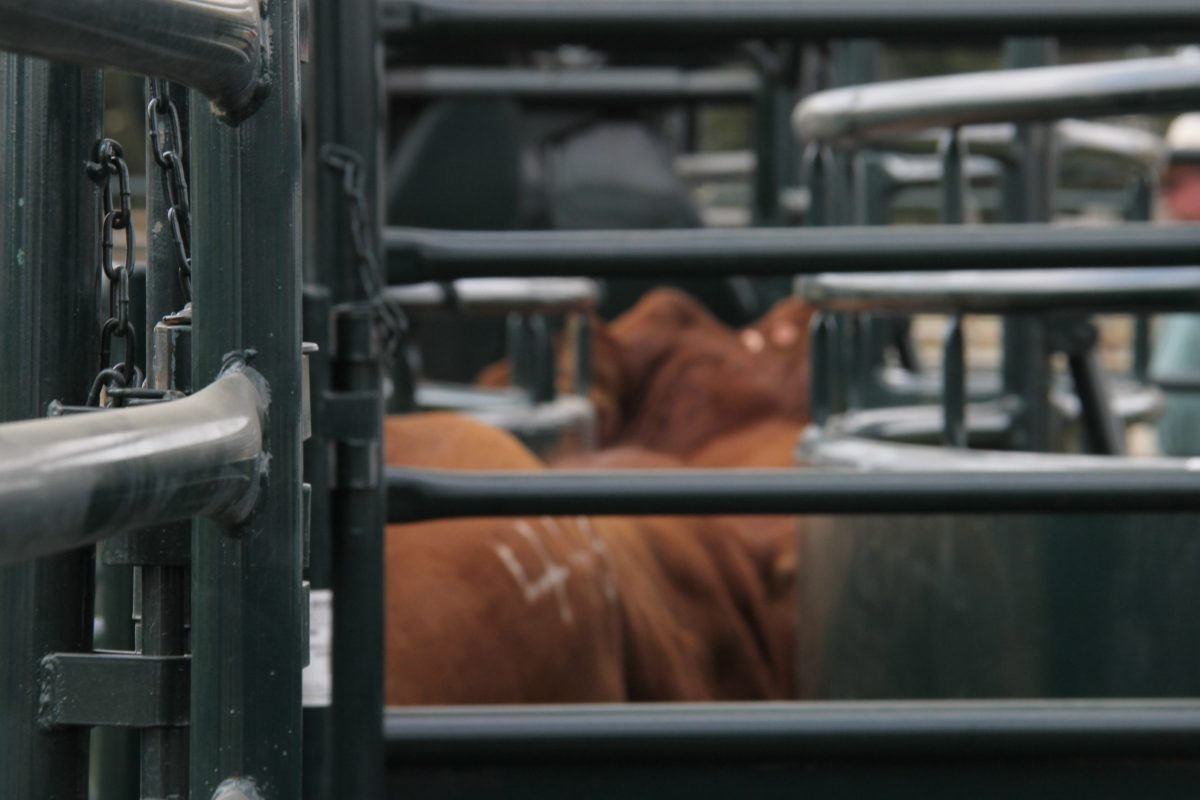
U.S. livestock: Cattle mixed on technicals, profit taking after tight supply rally
Chicago | Reuters – Chicago Mercantile Exchange cattle futures ended mixed on Wednesday as tight supplies and higher choice beef…
However, Driedger cautioned that the long-term impact of the earthquake is still unknown and while there could be an increase in demand if pulses are used in food aid packages, he believes there would be little change in prices.
Driedger added that he is unaware of any international supply chain disruptions in the affected areas, but he thinks there are local impacts.
Meanwhile, prices are staying steady for the most part, according to Driedger.
“I think peas are holding steady, and probably red lentils. Steady to a bit softer is largely what we’re seeing here,” he said. “In the case of something like peas, if soymeal prices stay high, that maybe helps provide a bit of a floor, but probably not the sort of thing that drives the market higher. (For) red lentils, Australia’s exporting into new markets, so that maybe caps the ceiling a little bit.
“We don’t think prices will fall apart, but maybe steady to drifting lower as we go into spring.”
The Food and Agriculture Organization (FAO) of the United Nations (UN) last Friday marked Feb. 10 as World Pulses Day for the seventh year in a row.
The UN first recognized the day in 2017 after the FAO marked 2016 as the International Year of Pulses. The UN believes pulses will be essential to fulfilling the organization’s 2030 Agenda for Sustainable Development.
“This celebration presents a unique opportunity to raise public awareness about pulses and the fundamental role they play in the transformation to more efficient, inclusive, resilient and sustainable agrifood systems for better production, better nutrition, a better environment, and a better life, leaving no one behind,” the FAO said on the World Pulses Day website.
— Adam Peleshaty reports for MarketsFarm from Stonewall, Man.




